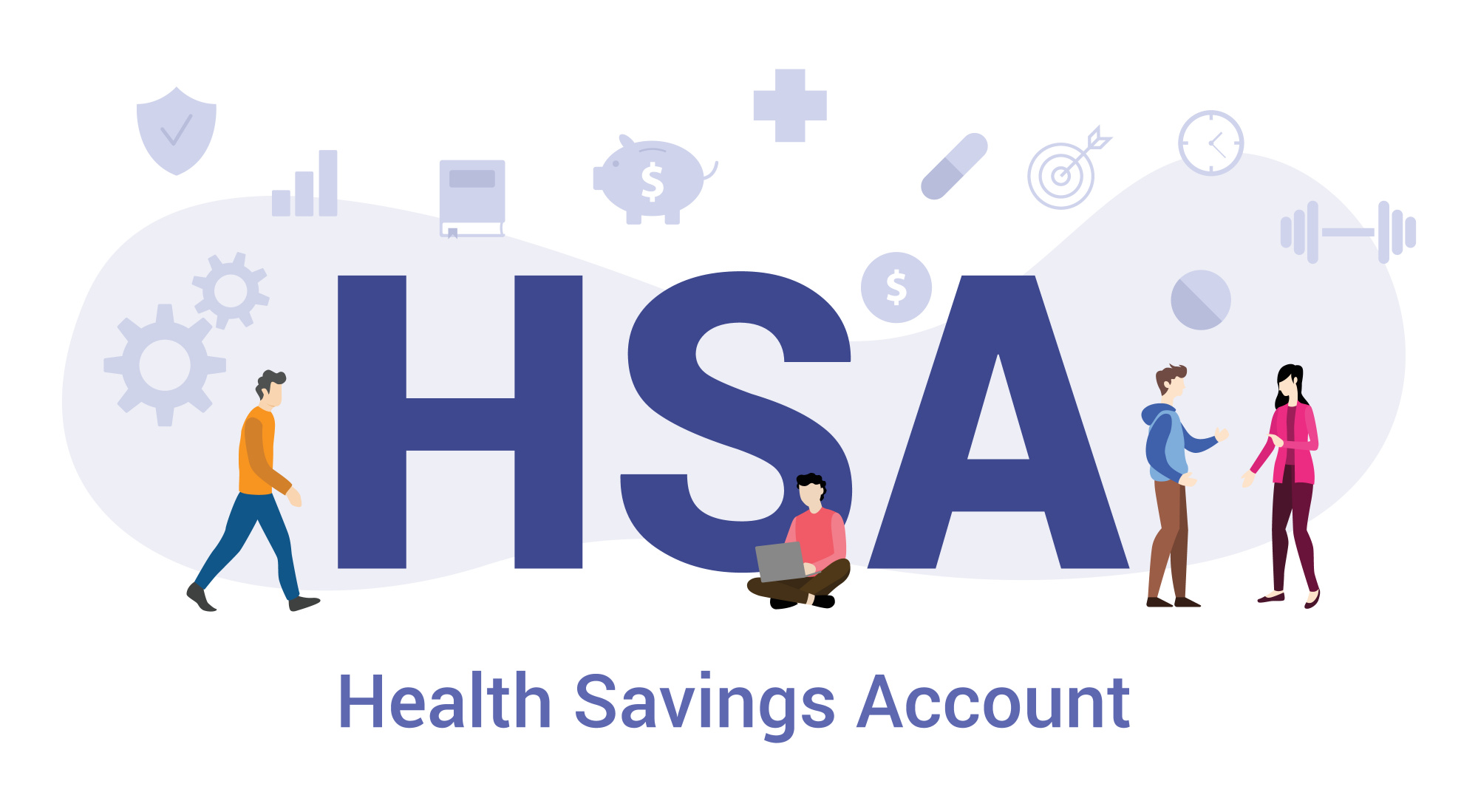A Health Savings Account (HSA) is the financial partner of a high deductible health care plan. This type of health care plan contains a deductible of at least $1,350 for individuals or $2,700 for a family. In order to help cover and offset this amount of money, many high deductible plans coincide with an HSA.
Let’s take a look at the health savings account tax advantages of an HSA:
#1
The deposits that an individual or family can make into the HSA, up to the IRS-prescribed limits, can be taken out of the paycheck pre-tax. The entire amount deposited into the HSA accounts is tax-deductible even if you do not itemize your deductions. This is one of the primary Health Savings Account tax advantages.
#2
As long as the withdrawals from the HSA are used for qualifying expenses, they are still not taxed. Once you are over the age of 65, you can make withdrawals for any purpose and only have to pay regular income tax without penalties.
#3
There is no “use it or lose it” aspect to an HSA unlike the old Flexible Spending Accounts that we used to use. The account fully belongs to the owner and is not lost at the end of the year or if the owner changes employers.
#4
The advantages are all about the Health Savings Account and taxes. Since these are savings accounts, they do earn interest which can be between 5% and 10% over time. So not only can you save significantly because of the income and payroll taxes that you do not pay, the money could actually earn interest over the life of the account.
#5
HSAs are most advantageous for big earners and high-income individuals. The relationship between a Health Savings Account and taxes is the same as any tax-advantaged investment — the largest tax deductions come from the largest tax brackets.
If a Health Savings Account is part of your tax planning strategy, contact us and we can guide you through what it means for you.







